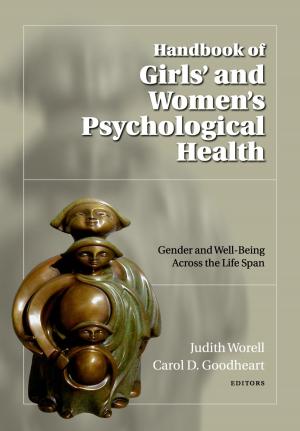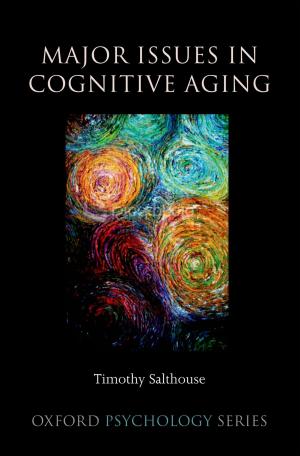Patient, Heal Thyself
How the "New Medicine" Puts the Patient in Charge
Nonfiction, Health & Well Being, Medical, Reference, Ethics, Health| Author: | Robert Veatch | ISBN: | 9780190295301 |
| Publisher: | Oxford University Press | Publication: | November 4, 2008 |
| Imprint: | Oxford University Press | Language: | English |
| Author: | Robert Veatch |
| ISBN: | 9780190295301 |
| Publisher: | Oxford University Press |
| Publication: | November 4, 2008 |
| Imprint: | Oxford University Press |
| Language: | English |
Robert Veatch is one of the founding fathers of contemporary bioethics. In Patient, Heal Thyself, he sheds light on a fundamental change sweeping through the American health care system, a change that puts the patient in charge of treatment to an unprecedented extent. The change is in how we think about medical decision-making. Whereas medicine's core idea was that medical decisions should be based on the hard facts of science--the province of the doctor--the "new medicine" contends that medical decisions impose value judgments. Since physicians are not trained to make value judgments, the pendulum has swung greatly toward the patient in making decisions about their treatment. Veatch shows how this is presently true only for value-loaded interventions (abortion, euthanasia, genetics) but is coming to be true for almost every routine procedure in medicine--everything from setting broken arms to choosing drugs for cholesterol. Veatch uses a range of fascinating examples to reveal how values underlie almost all medical procedures and to argue that this change is inevitable and a positive trend for patients.
Robert Veatch is one of the founding fathers of contemporary bioethics. In Patient, Heal Thyself, he sheds light on a fundamental change sweeping through the American health care system, a change that puts the patient in charge of treatment to an unprecedented extent. The change is in how we think about medical decision-making. Whereas medicine's core idea was that medical decisions should be based on the hard facts of science--the province of the doctor--the "new medicine" contends that medical decisions impose value judgments. Since physicians are not trained to make value judgments, the pendulum has swung greatly toward the patient in making decisions about their treatment. Veatch shows how this is presently true only for value-loaded interventions (abortion, euthanasia, genetics) but is coming to be true for almost every routine procedure in medicine--everything from setting broken arms to choosing drugs for cholesterol. Veatch uses a range of fascinating examples to reveal how values underlie almost all medical procedures and to argue that this change is inevitable and a positive trend for patients.















